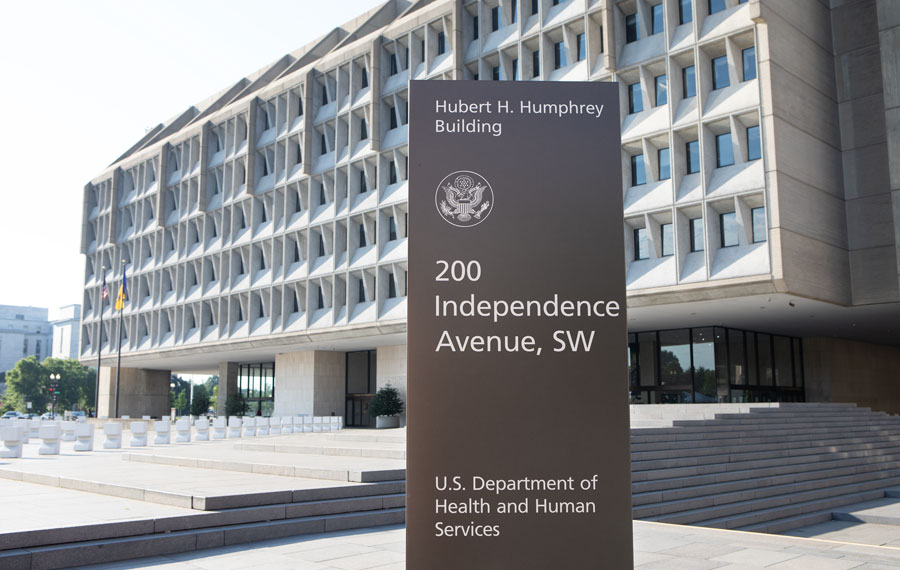By Sonja Kerr, Counsel
This month, the U.S. Department of Health and Human Services (HHS) issued a landmark final rule to implement Section 504 of the 1973 Rehabilitation Act (Section 504). This pivotal regulation prohibits discrimination against individuals with disabilities by any entity receiving federal funds. This particularly includes transgender individuals experiencing gender dysphoria and those living with HIV. The rule’s enactment reaffirms the federal government’s commitment that people with disabilities will be full and equal members of our communities.
47 Years: The 1964 Civil Rights Act did not include people with disabilities. Section 504 initially passed in 1973. The federal government adopted regulations in 1977 but only after substantial advocacy and street protests in Washington, D.C. Since then, Section 504 has not seen updates. The refreshed regulations now better align with the Americans with Disabilities Act (ADA) of 2008 and continue to recognize a broader spectrum of emerging disabilities.
Why the Update Matters: The Rule recognizes that disabilities can include gender dysphoria, HIV, various mental health conditions, ADHD, autism, substance use disorders, and long COVID. There is no exhaustive list. The regulations underscore that entities receiving federal funds must not deny access to medical care or other programs based on actual or perceived disabilities. This is important because some sources estimate higher rates of various disabilities within the LGBTQ+ community. See, https://www.hrc.org/resources/understanding-disabled-lgbtq-people ). Those experiencing dual identities can experience dual discrimination.
Enforcement to Protect LGBTQ+. Notably, Secretary Becerra promised better enforcement. Disability justice demands this to prevent discrimination in our LGBTQ+ community. Presently, states pass laws against vitally necessary medical care for our transgender youth. Many persons with gender dysphoria, HIV or other disabilities are denied basic healthcare, especially in prisons. Organ transplant policies discriminate against persons with HIV. LGBTQ+ students who experience disabilities (such as gender dysphoria, or various mental health conditions) face bullying and harassment. LGBTQ+ disabled parents face discrimination in the child welfare system. Such discrimination remains from outdated myths and fears about the lives of people with disabilities. The broad promise of Section 504 was to stop discrimination and it is long overdue. At a time when many LGBTQ+ individuals with disabilities continue to experience discrimination, including delays or outright denials of health care, the new 504 regulations reinforce the historically “broad nature” of Section 504 to prevent and stop just that. Lambda Legal looks forward to continuing strong, consistent, and thorough enforcement of Section 504, reflecting the true spirit of disability justice.
Takeaway: What to do? If you or anyone you know is experiencing discriminatory actions that seem related to having a disability, i.e., gender dysphoria, HIV, or mental health conditions, or others, know that you may have protections and resources.
Resources for LGBTQ+ People Living with Disabilities
- Rainbow alliance of the deaf (rad)
- Autistic Women & Nonbinary Network (AWN)
- Rainbow groups “for self-advocates who are members of both the intellectual and developmental disability community as well as the LGBTQ+ community”
- Resource Guide for “Starting a Rainbow Support Group”
- Visit RespectAbility to read more about LGBTQ+ people with disabilities.

